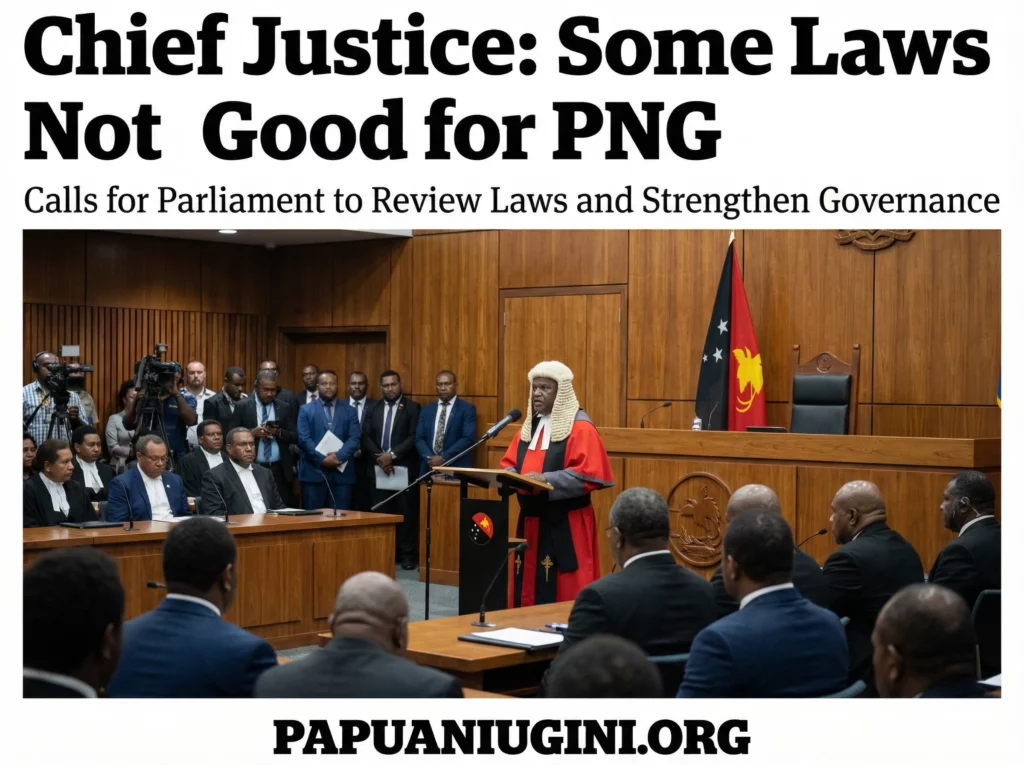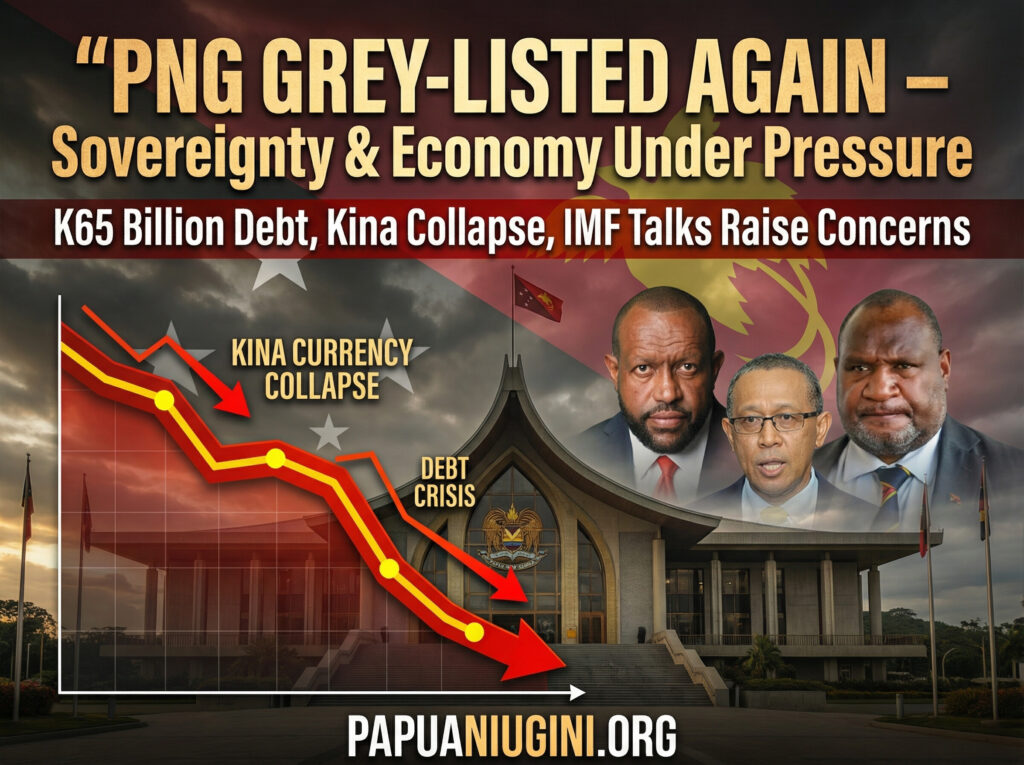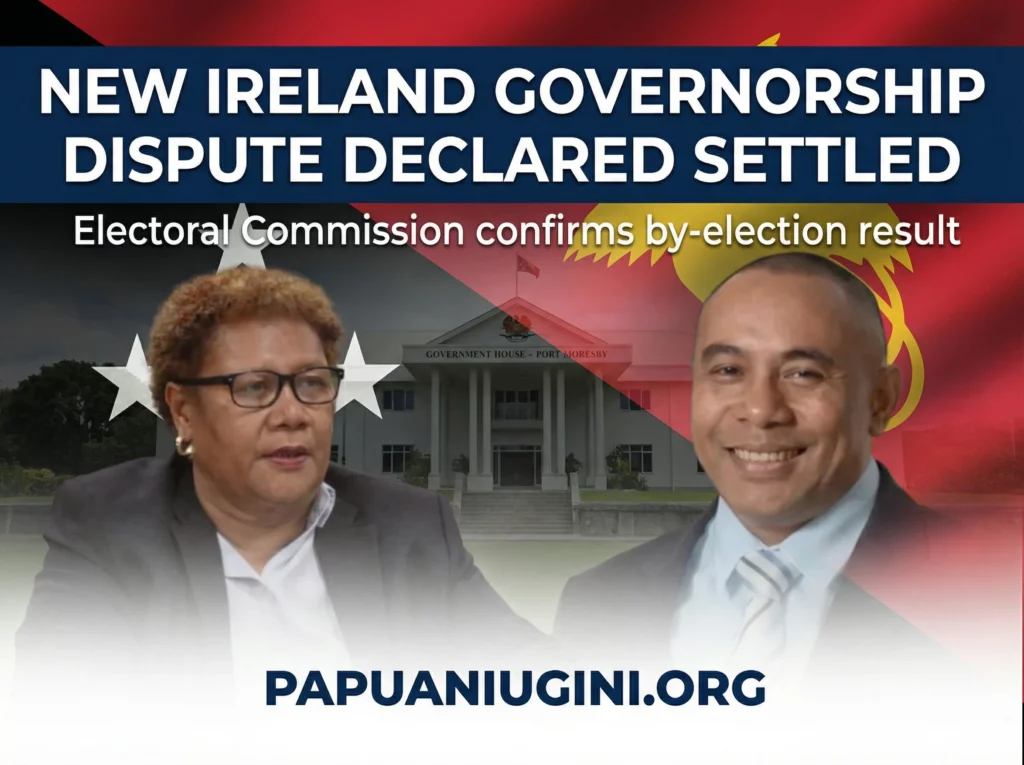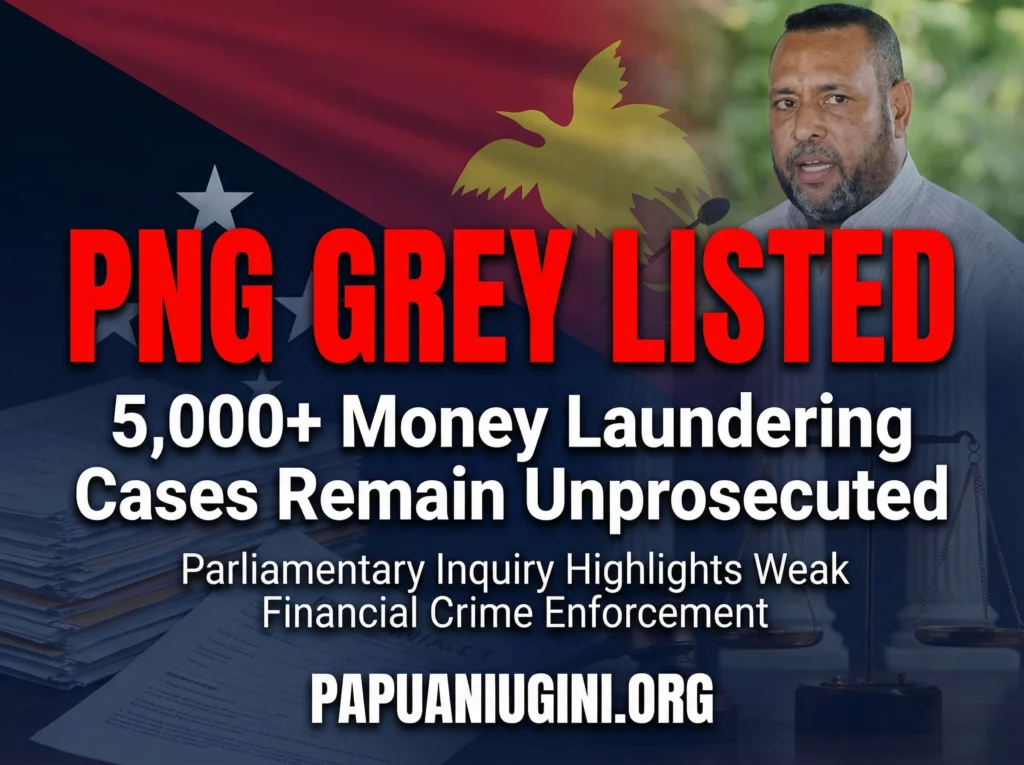Discover the intricacies of customary land ownership in Papua New Guinea, encompassing communal rights, traditional practices, and cultural significance.
II. Decoding Customary Land Ownership in Papua New Guinea
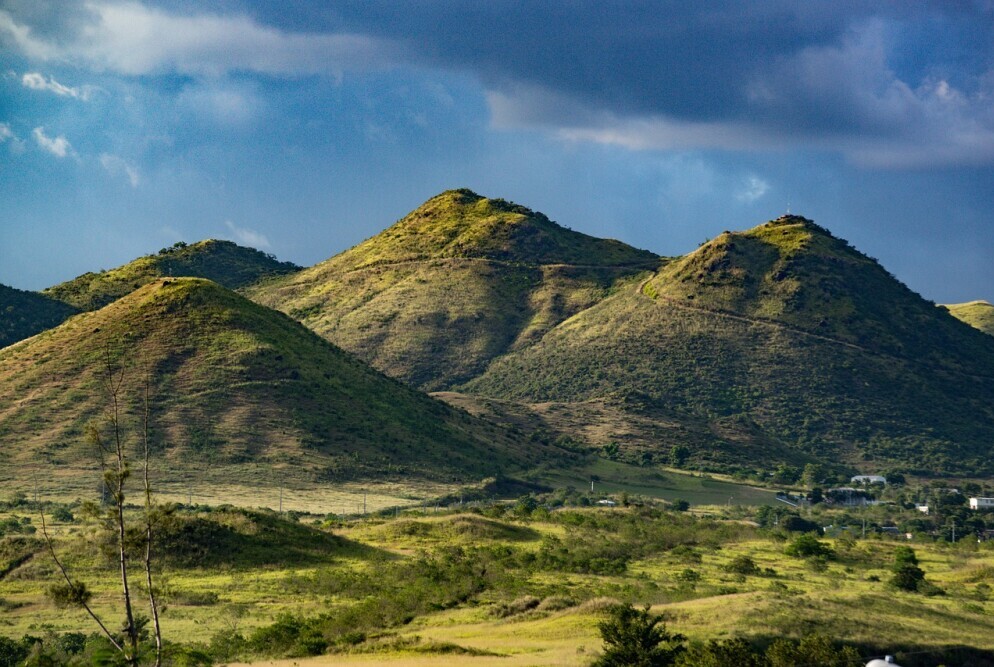
What Is Customary Land in Papua New Guinea? Key Characteristics
Customary land in Papua New Guinea (PNG) refers to land governed and controlled by traditional laws, customs, and practices of indigenous communities. These lands, which account for approximately 97% of PNG’s total land area. They are communally owned and form the backbone of the country’s social, cultural, and economic life.
Key characteristics of customary land include:
- Communal Ownership: Ownership is collective, typically held by clans, tribes, or extended families. No individual within the group has absolute ownership rights but shares stewardship responsibilities.
- Oral Tradition: Land boundaries and rights are often defined through oral histories, stories, and ancestral markers rather than written records.
- Cultural and Spiritual Significance: Customary land is often linked to ancestors, cultural practices, and sacred sites, imbuing it with a significance that extends beyond economic value.
- Sustainability and Stewardship: Traditional practices emphasize the sustainable use of land, with rights to usage often tied to the ability to care for and manage the land effectively.
Differentiating Between Customary and State-Owned Lands
PNG’s dual land tenure system separates customary land from state-owned land, with distinct governance and utilization frameworks for each.
- Customary Land:
· Owned and managed by indigenous communities under traditional laws.
· Utilized primarily for subsistence agriculture, hunting, and cultural practices.
· Transfer of rights is governed by clan or tribal consensus, not through market transactions.
- State-Owned Land:
· Constitutes the remaining 3% of land, primarily urban areas or government-designated reserves.
· Governed by formal legal frameworks under the Land Act 1996.
· Includes alienated land (land acquired during colonial rule) and leased land.
The distinction creates challenges for integrating customary lands into formal economic frameworks, as the lack of formal titles often hinders access to credit and participation in large-scale development projects.
Traditional Landowners: Families and Clans
In customary land systems, families and clans are the fundamental units of land ownership. Land is passed down through generations, with lineage defining rights and responsibilities.
Clans and Tribes
Represent larger groups that hold collective ownership and decision-making authority over land. Clans serve as custodians, ensuring the land remains a shared resource.
Families
Subunits of clans that hold specific usage rights for certain areas, often for farming, housing, or hunting.
Land boundaries are respected through a shared understanding, with disputes resolved using traditional conflict resolution mechanisms, such as dialogue, mediation by elders, or ceremonial reconciliation.
Rights and Duties of Customary Landowners
Customary land ownership in PNG is about rights and responsibilities. Traditional landowners are both beneficiaries and stewards of the land.
Rights of Customary Landowners
- Access and Use: Owners have the right to use the land for personal and communal purposes, such as farming, hunting, and housing.
- Inheritance: Land rights are typically inherited through patrilineal or matrilineal lines, depending on cultural norms.
- Decision-Making: Landowners hold decision-making authority over the allocation, use, and transfer of land rights within the clan or family.
- Compensation: Owners are entitled to compensation if their land is leased or used for resource extraction by external entities.
Duties of Customary Landowners
- Sustainable Management: Owners must ensure the land is used responsibly, preserving it for future generations.
- Community Welfare: Land use decisions should prioritize the welfare of the entire clan or tribe.
- Conflict Resolution: Landowners are responsible for resolving disputes amicably to maintain harmony within the community.
- Cultural Preservation: Owners must protect sacred and culturally significant sites, ensuring they are respected and preserved.
Contemporary Challenges
Customary land ownership, while deeply rooted in PNG’s culture, faces several challenges in the modern context:
- Land Disputes: Overlapping claims and unclear boundaries lead to frequent disputes among clans and families.
- Pressure from Development: Increasing demand for land for mining, logging, and agricultural projects places pressure on traditional land ownership systems.
- Integration with Formal Systems: The absence of formal titles for customary land complicates its integration into the formal economy, limiting access to financial services.
Understanding these dynamics is crucial for addressing the challenges and ensuring that customary land systems are preserved and adapted to meet contemporary needs.
Related Posts
Customary Land Ownership In Papua New Guinea: A Cultural And Economic Perspective
“Rethinking Judicial Power in Papua New Guinea” by Dr. Bal Kama
Read more news and stories here. Watch online news and documentaries about Papua New Guinea here.

